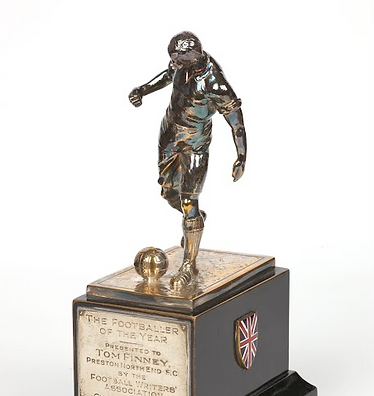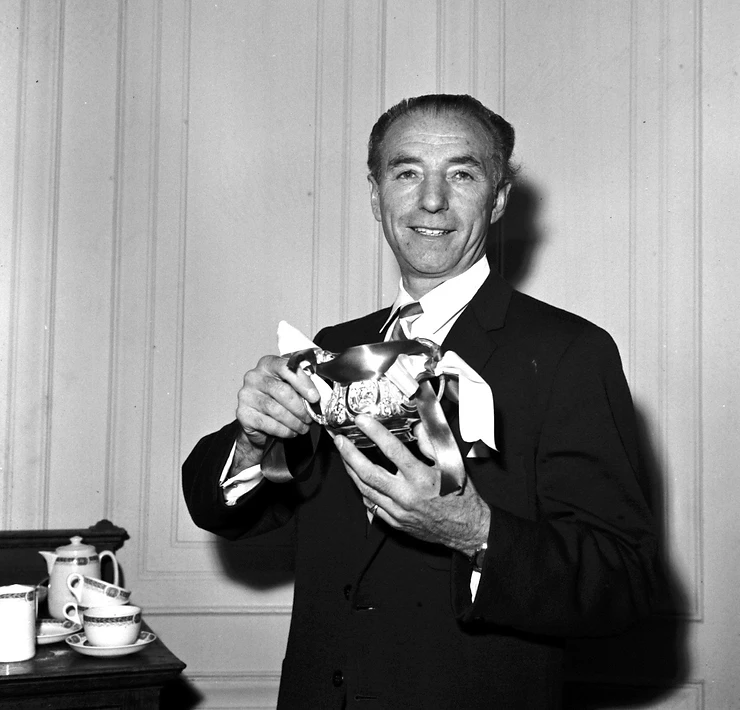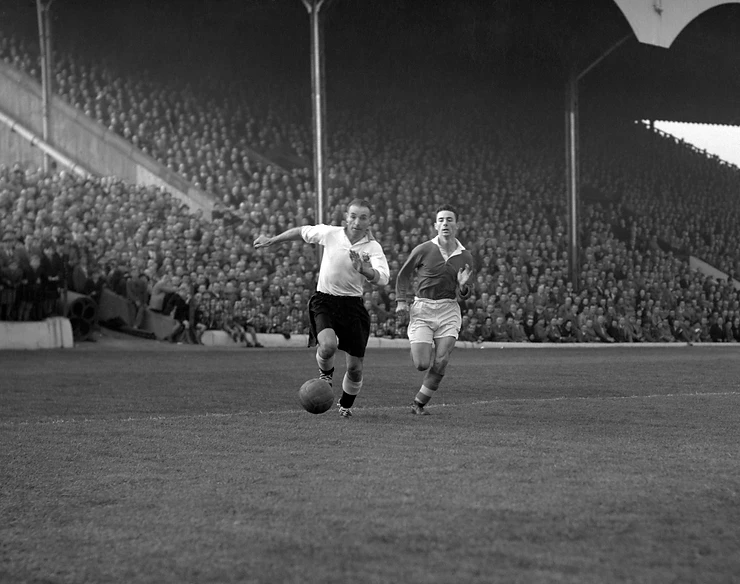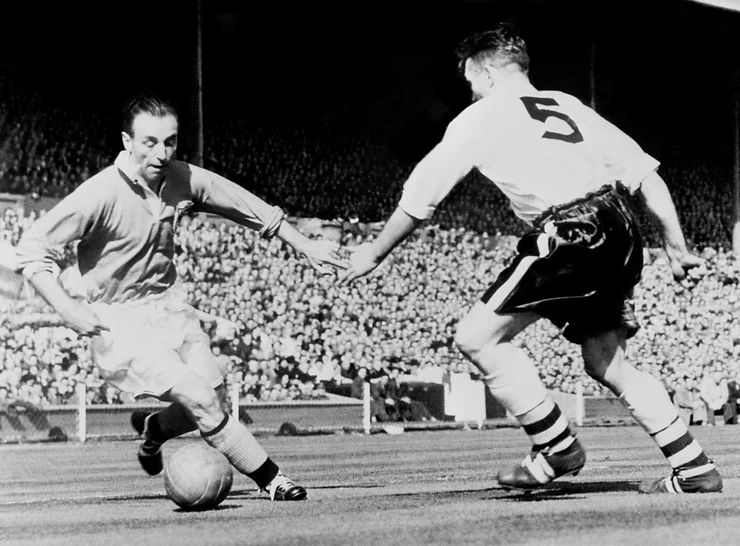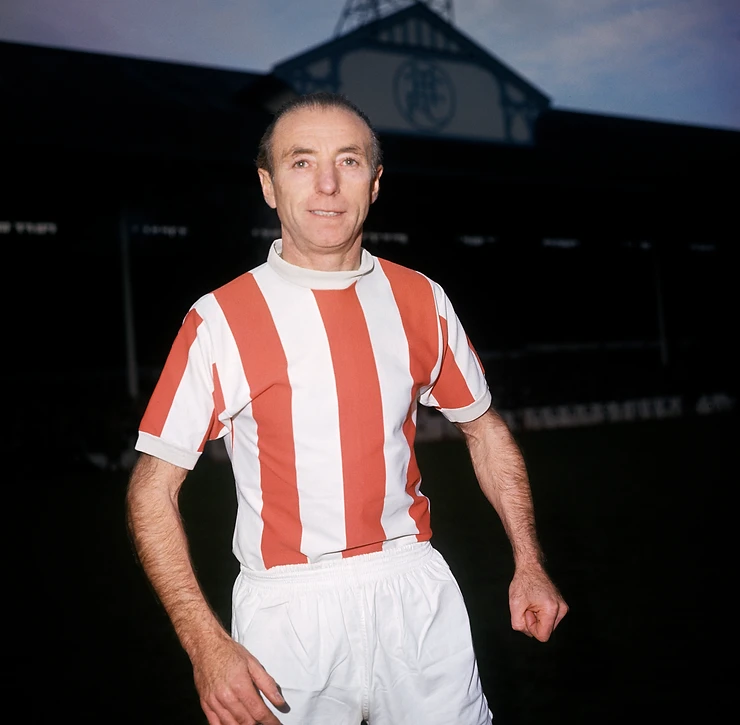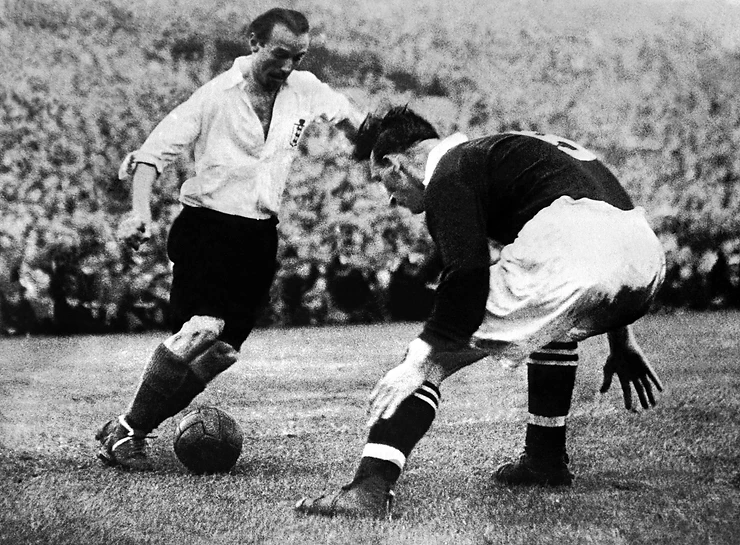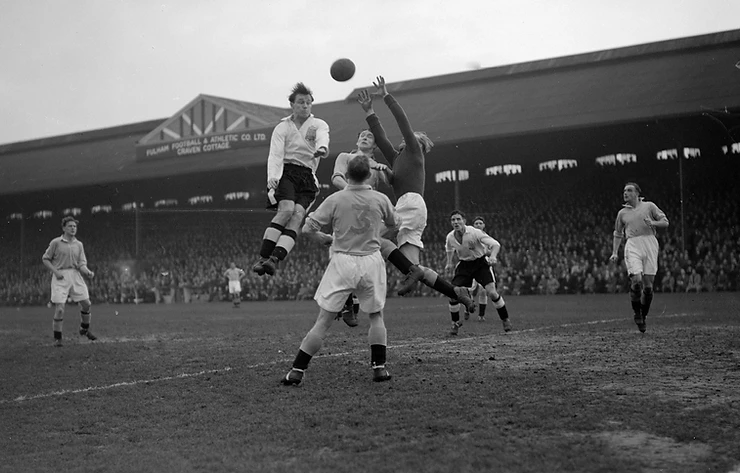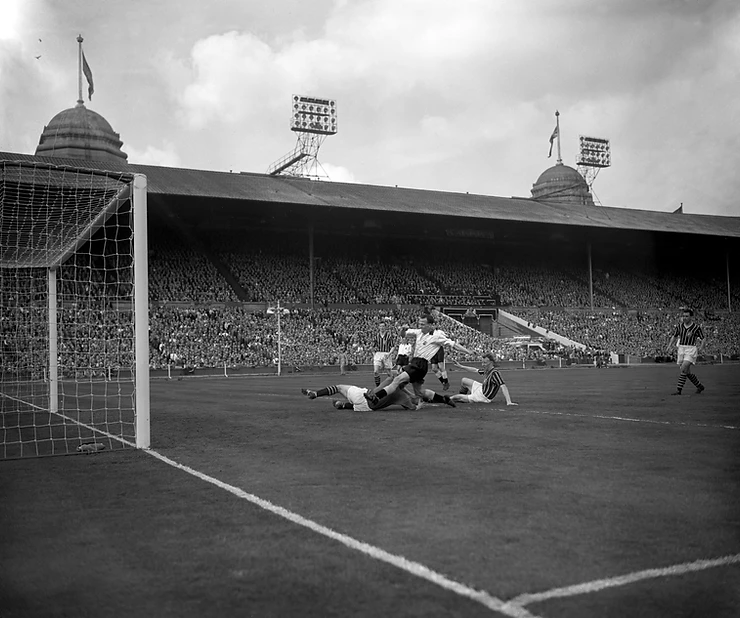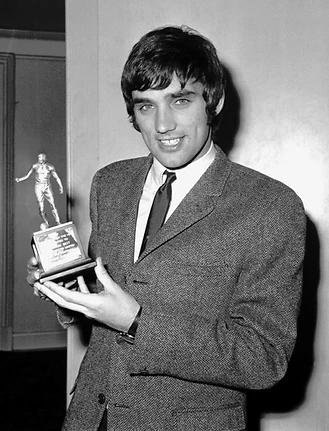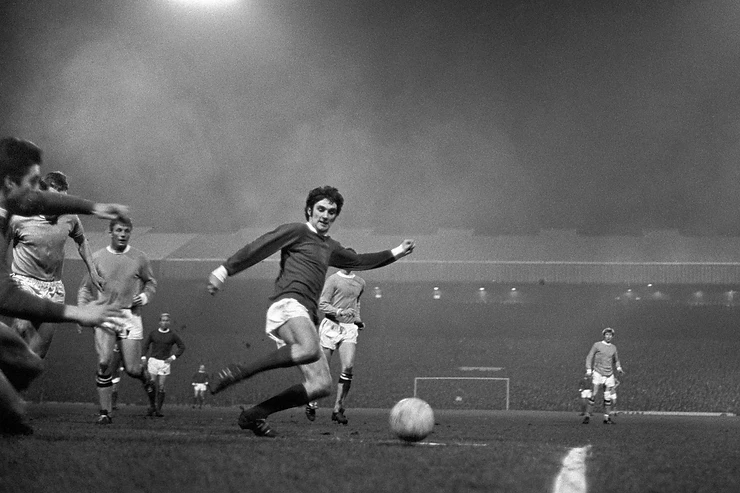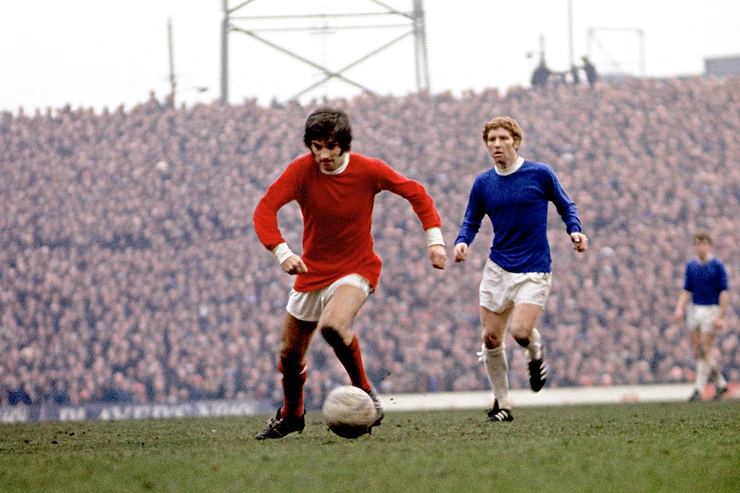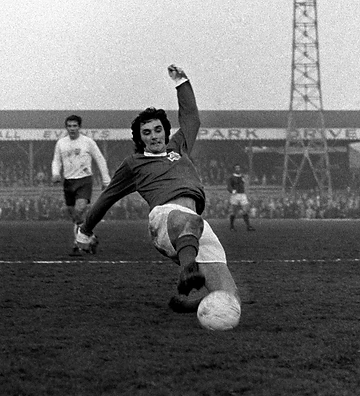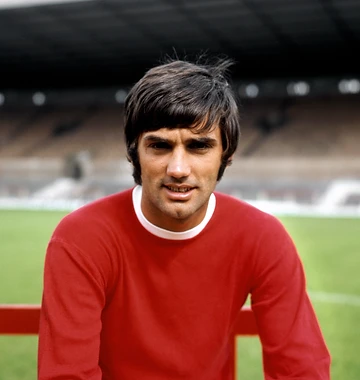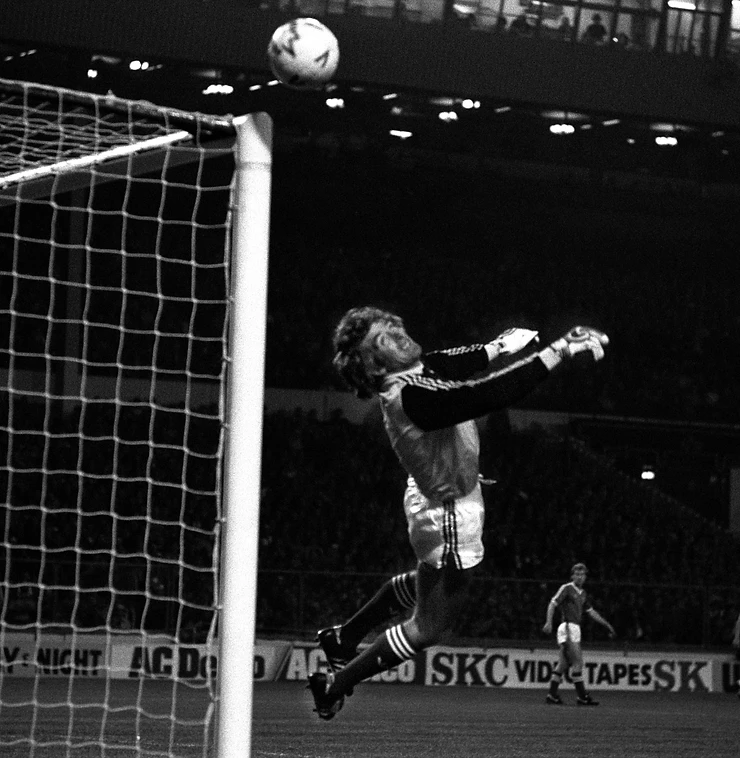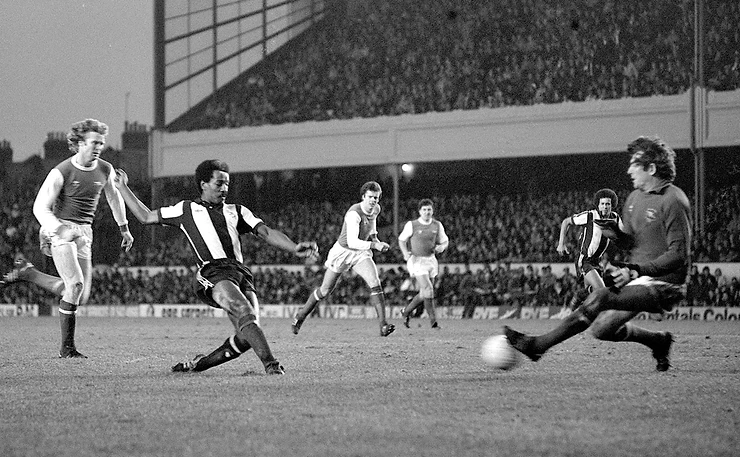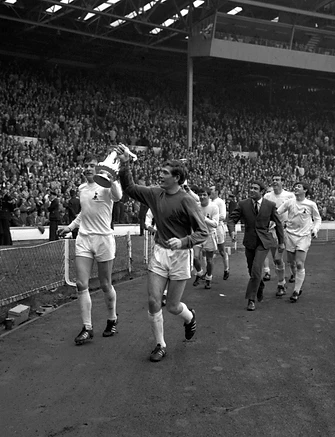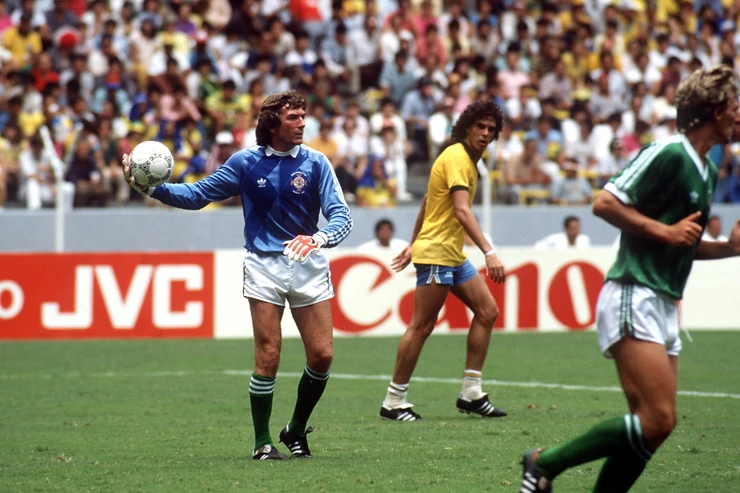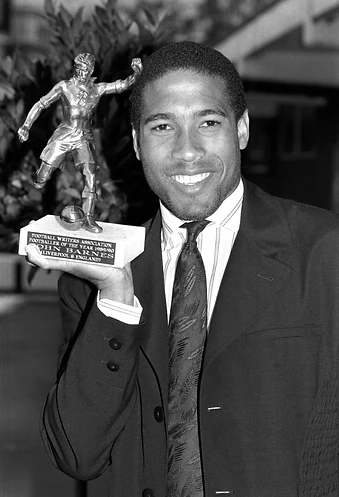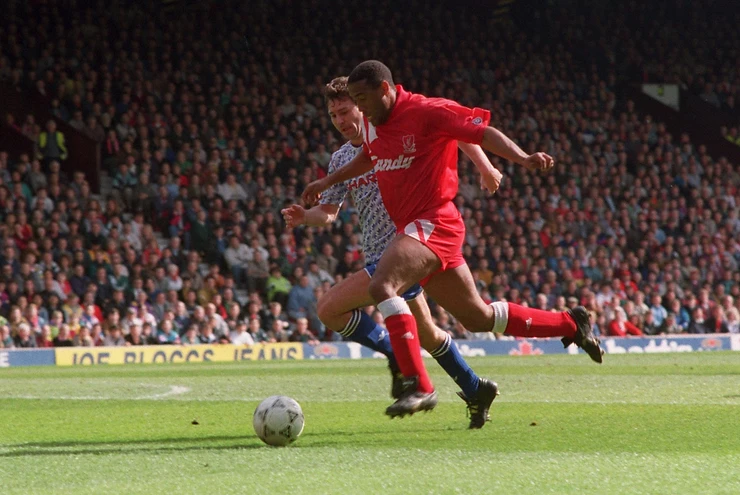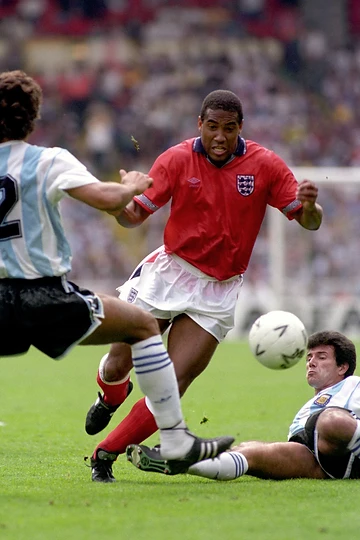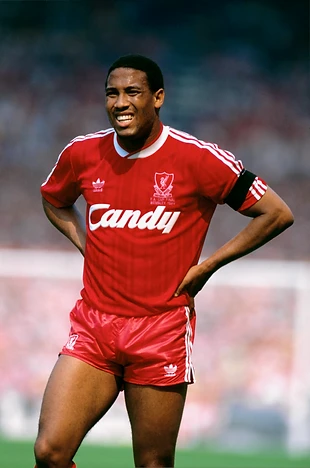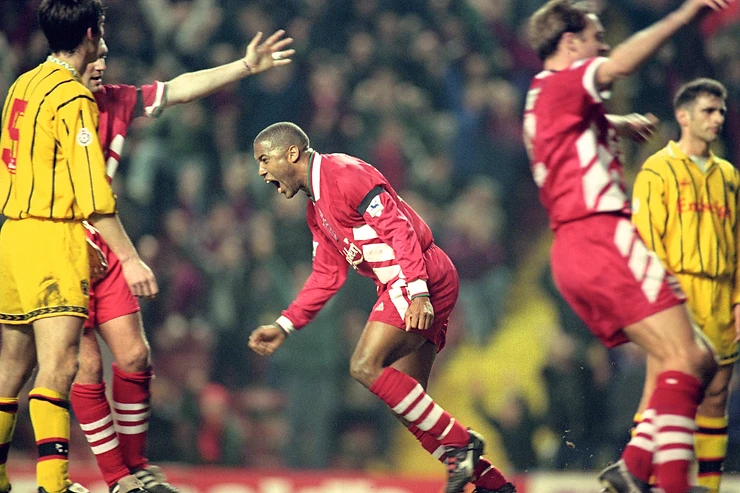THIERRY HENRY has made history by becoming the first player to win the Football Writers’ Association’s prestigious Footballer of the Year award for the second year running, and the Arsenal striker won by the largest margin for 34 years.
Henry won football’s oldest individual award for the first time last year when he pipped Ruud Van Nistelrooy to the post by a narrow margin.
But there was virtually no contest this year and when voting closed at noon on Sunday (9th) Henry was the runaway winner, with almost 90 per cent of the total vote, ahead of team-mate Patrick Vieira in third and Chelsea’s Frank Lampard, who was runner-up.
Since the award was introduced in 1947-48, no-one had previously won it in successive seasons and only six other players have won it twice – Sir Stanley Matthews, Sir Tom Finney, Danny Blanchflower, Kenny Dalglish, John Barnes and Gary Lineker.
Henry said: “It’s a real honour to receive this award for the second year running, but as I always say it would not have been possible without my team-mates and of course the manager.
“When I collected this award last season I would have swapped it for a team award, but thankfully this year we won the Barclaycard Premiership title so I can really enjoy it this time around.
“You know we have a special group of players here at Arsenal and an amazing team spirit. I love being part of this team and really believe we have a big future.”
Gerry Cox, Chairman of the Football Writers’ Association, said: “Last year it was a close contest and a somewhat controversial outcome, but this time Thierry Henry has been the runaway winner.
“His skill, athleticism, teamwork and goals have set new standards in the Barclaycard Premiership, but above all that it is about the way he plays the game that has captivated people throughout the country. While it bodes well for Arsenal’s future, one can only fear for England’s defenders in Euro 2004.”
Billy Bremner won by the largest margin when he polled 95 per cent of the votes in 1970.
Click below to see Thierry Henry collecting his award from FWA Chairman Gerry Cox:





